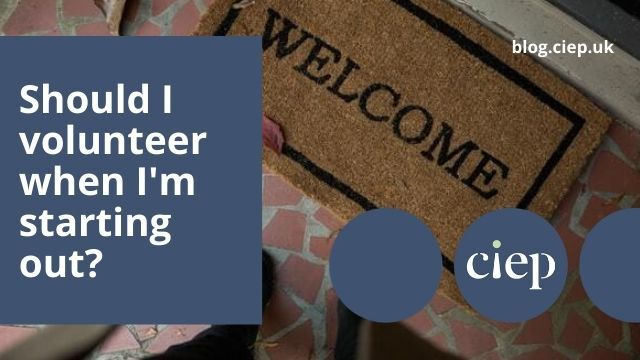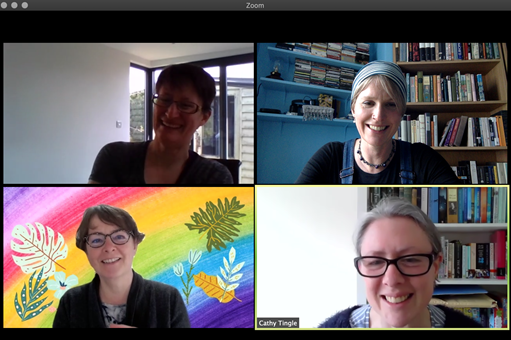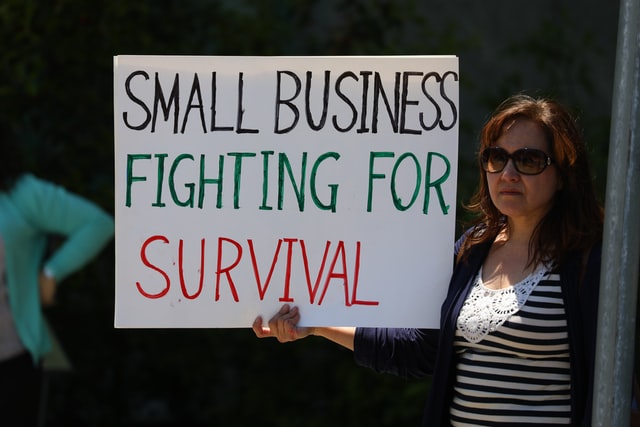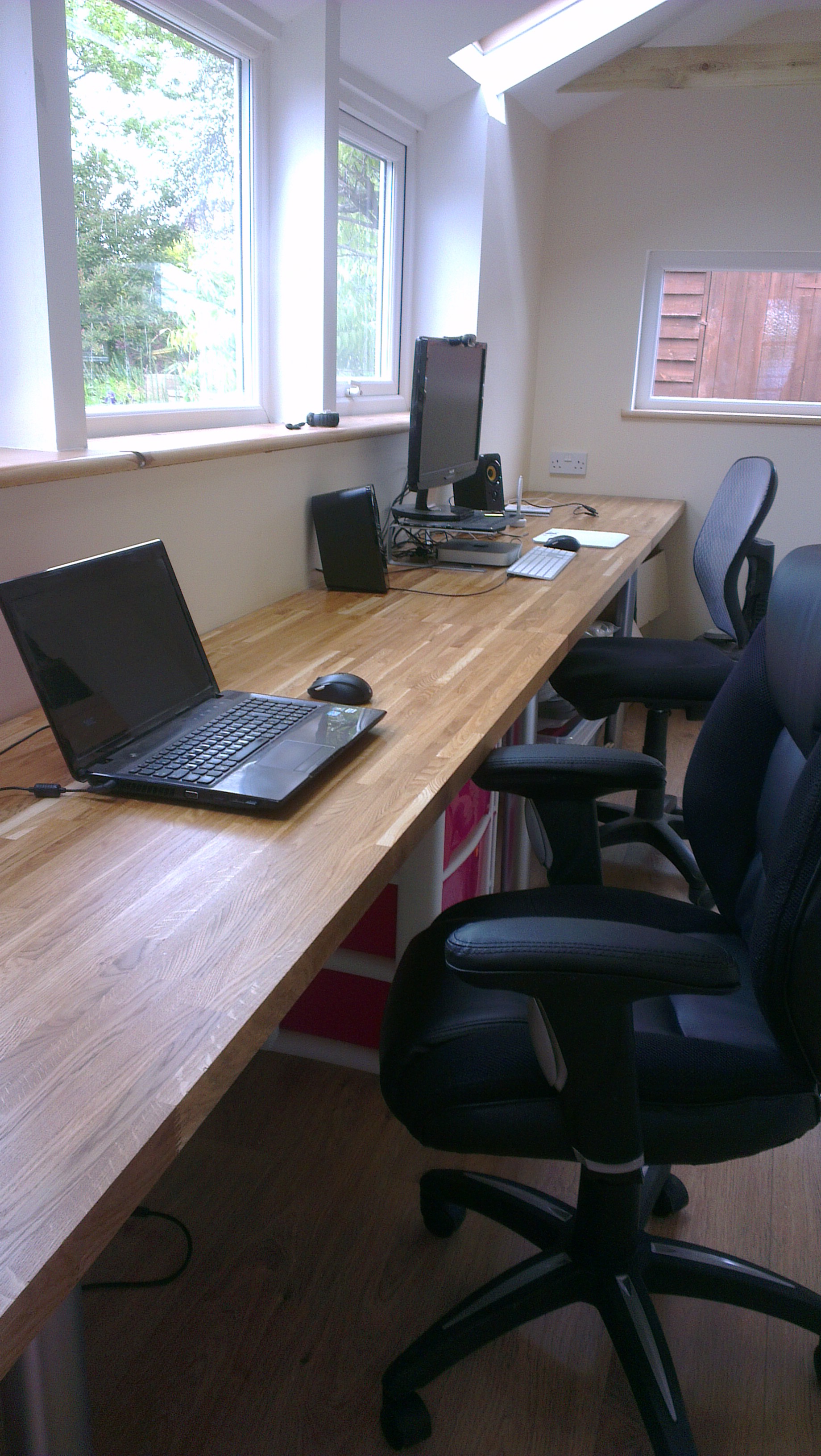Wherever you are in your editing or proofreading career, taking on voluntary work can benefit you and others. But, as many who have done it will tell you, it’s not without its snares and snags. With the help of some generous CIEP members who have shared their experiences, in this article we’ll look at how volunteering can work when you’re starting out. We’ll also suggest some questions that you should ask yourself before you start offering your valuable time for free. In a future CIEP blog, we’ll look at how volunteering works when you’re established in your editing or proofreading career.
- Discovering a taste for what you enjoy
- Learning with less pressure
- Declaring yourself
- Getting your foot in the door
- Using voluntary work for membership upgrades
- Four questions to ask yourself before you volunteer
Discovering a taste for what you enjoy
Unpaid work is the way that many proofreaders and editors start – in fact, it can be how they realise they have an aptitude and enthusiasm for what will later become their career. Perhaps a friend, knowing you’re good with words, asks you to check the grammar and punctuation in their thesis, and halfway through you think: ‘I’m really enjoying this!’
Learning with less pressure
Once you’ve done your basic training, volunteering can help you test your new editing or proofreading skills and learn a few more without the stresses that could come from being paid. One of our members described the voluntary jobs she had taken on since completing her CIEP Proofreading courses – proofreading two series of short stories, some poetry and three website articles – and the impressive set of new and improved skills she acquired in the process:
- increasing her competence and confidence in using Track Changes and Find and Replace, and starting to explore Word Styles
- learning how to save a web page as a PDF, and practising using the Adobe Comments tools
- using PerfectIt and other macros for the first time
- compiling a style sheet to use as a template
- keeping a record of time spent and work carried out, which helped her calculate her average proofreading speeds.
This member has appreciated the time and space that volunteering allows for growing into a new career:
I am finding this period of focusing on voluntary work to be hugely beneficial. With each job I develop new skills or learn about new tools which I can incorporate into my practice. As an Entry-Level Member, I like not having the pressure of being paid – for now!
At the same time, however, she hasn’t lost sight of the ultimate plan – to get paid work:
I am also building up a little bank of testimonials which I can use on my website, and at least two of the clients have said they will recommend me to friends and colleagues.
Declaring yourself
Sometimes you might be volunteering in a different arena from editing and proofreading, but if you tell the people you meet what you usually do for a living, more relevant volunteering work could come your way. One member says:
My daughter is a pharmacy dispensing technician at a village medical centre near to us. During the summer of last year, they were looking for volunteers to step up and help manage visitors attending for their flu jab, along with those attending for other medical appointments and pharmacy collections. Always happy to help out, up went my hand, into which was promptly thrust a high-vis jacket.
When asked what I would normally be doing, I was happy to tell folks that I’m a novice proofreader and occasional copywriter. The next thing I knew, my lovely daughter came home from work with a bottle of red in one hand and the medical centre’s newly penned ‘Team Handbook’ in the other.
Always remember, though, that if you’re accepting ‘payment in kind’, such as wine, you need to declare yourself to the tax office, too. Sue Littleford, our columnist on business matters, explains:
Had the CIEP member’s bottle of red wine been handed over for some proofreading, it would have been a ‘payment in kind’ and yes, it’s taxable. He’d have had to put the cash value of the wine in his accounts.
Getting your foot in the door
Getting paid in wine, or cake/casseroles/bedding plants if any of those are more your thing, is great, but at some point you’ll need to get some paying clients. One member described how this happened for her:
When my youngest was a baby (2012), I was involved with my local NCT branch. I worked with the newsletter team, and somehow took on the role of getting 700+ printed copies of this booklet distributed to local members every quarter!
I carried on proofreading for the branch long after I’d left my NCT days behind. It was only about five hours’ work a quarter, but it was great experience and something regular to look forward to while I was starting out.
Then last year, someone I knew from that time contacted me through LinkedIn. She remembered what I’d done with the NCT newsletter and thought I’d be a perfect fit for a project she was leading on at work. I’ve now had 8–9 months of consultancy work through this company on two different projects, helping me towards my most profitable year by far!
It’s not going to work quite like that for everyone every time, and this won’t last forever for me. But I do think that doing those little jobs on a voluntary basis can sow the seeds in people’s minds, and you never know when they might need you for something different (and paid). It shows people what you can do and how you work, and they’ll remember that.
Another member says:
When I started my freelance proofreading business last July, I contacted many companies and charities offering my services for free in exchange for a testimonial, as I felt this was the best way to gain experience and also increase my exposure in the form of having recommendations to hand.
I had a few positive responses, one of which was from Kathy Bishop, the editor of the Catholic magazine The Faith Companion.
Kathy’s initial response was that she would be happy to help me out as everyone ‘needs a helping hand’, and that she would send me a couple of articles to work on for the next issue, but she wanted to make it clear that they weren’t looking to take anyone on. I replied saying that wasn’t a problem at all, I was just happy with the opportunity to gain some experience and increase my hours.
I now have The Faith Companion as a regular client for the foreseeable future, and I really don’t think this would have happened if I hadn’t originally offered my services on a voluntary basis.
Using voluntary work for membership upgrades
Can voluntary hours count towards a CIEP membership upgrade? They can, if you’re using certain core skills and applying for a certain level. Professional standards director Lucy Metzger says:
For someone seeking an Intermediate Member (IM) grade, it’s fine for some or all of their 100 hours of work experience to be voluntary, and we wouldn’t expect it to be done for a traditional publisher. Some paid proofreading or copyediting work would strengthen the IM application overall, but it’s not a requirement.
However, in order for volunteer work to be counted in an IM application, it still needs to be work using what we call our ‘core skills’ – proofreading and/or copyediting. If a person’s voluntary work has included non-editorial tasks, as well as some core skills work, we would count only the number of hours using the core skills.
For upgrading to Professional (PM) or Advanced Professional (APM), the core skills work experience needs to be for publishers who understand the standards we are looking for in the core skills. If the work is for another body whose core business isn’t publishing (a ‘non-publisher’) the applicant’s experience can be validated by passing the Institute’s editorial test. If a previous application for IM relied mostly on voluntary hours, those hours would most likely be for non-publishers, which would count in a later application for PM or APM only with a test pass, demonstrating that the applicant had the required level of expertise in the core skills.
Four questions to ask yourself before you volunteer
So far, so good, then. However, there are some important questions to ask yourself before you take the plunge and offer your services for free. These questions are taken from an archived blog about volunteering written by a previous blog coordinator, Tracey Roberts.
 1. Who should you volunteer with?
1. Who should you volunteer with?
Not all charities or non-profit organisations need free help, so do your homework: ‘many charities have healthy budgets’, as Tracey points out. You could follow your interests, and volunteer to proofread or edit something in the fields of gardening, poetry, politics, sport or history, for example. There may be a newsletter for a club or organisation you belong to that you could help with. Some of our members edit their local church magazine.
2. What will you get out of it?
‘This is important,’ says Tracey. ‘If the person or organisation you are volunteering for doesn’t know what’s required of a good editor or proofreader, how valuable will their testimonial really be?’ Tracey makes another very valid point which touches on an aspect that many editors and proofreaders have been burned by: ‘Working for a client (or especially a friend) who doesn’t understand the process (and while you are still learning yourself) could turn into a tricky or negative experience.’ So make sure you go in with open eyes.
3. What skills do you want to practise?
If you want to work in fiction editing, look for experience there. If your aim is to be a scientific editor, volunteer to proofread a PhD thesis in biology.
4. How much time are you happy to provide?
Tracey explains:
In the early stages of your freelance career you will be busy building your new business and need time to develop your marketing strategy, website etc. Any time spent volunteering must fit around the creation of your new freelance business, and other important personal commitments, to ensure a healthy work–life balance is maintained.
Remember too that if you work for a client for free, or even a reduced rate, it will be very difficult to start charging at full rate when asked to take on future projects.
So remember not to overwhelm yourself, and as time passes think carefully about the balance between your unpaid and paid work. As your career matures, however, there’s no reason why you should give up volunteering if it’s still benefiting you and your business. In our second related blog, we’ll look at what you can get out of volunteering when you’re more established.
Written by the CIEP information team. With thanks to the CIEP members who generously shared their experiences.
About the CIEP information team
Liz Jones, Abi Saffrey and Cathy Tingle are the CIEP’s information commissioning editors. If there’s a topic that you would like to see covered in a blog post, fact sheet, focus paper or guide, drop the team a line at infoteam@ciep.uk.
 About the CIEP
About the CIEP
The Chartered Institute of Editing and Proofreading (CIEP) is a non-profit body promoting excellence in English language editing. We set and demonstrate editorial standards, and we are a community, training hub and support network for editorial professionals – the people who work to make text accurate, clear and fit for purpose.
Find out more about:
Photo credits: welcome by Andrew Neel; raise your paw by Camylla Battani, both on Unsplash.
Posted by Abi Saffrey, CIEP blog coordinator.
The views expressed here do not necessarily reflect those of the CIEP.













